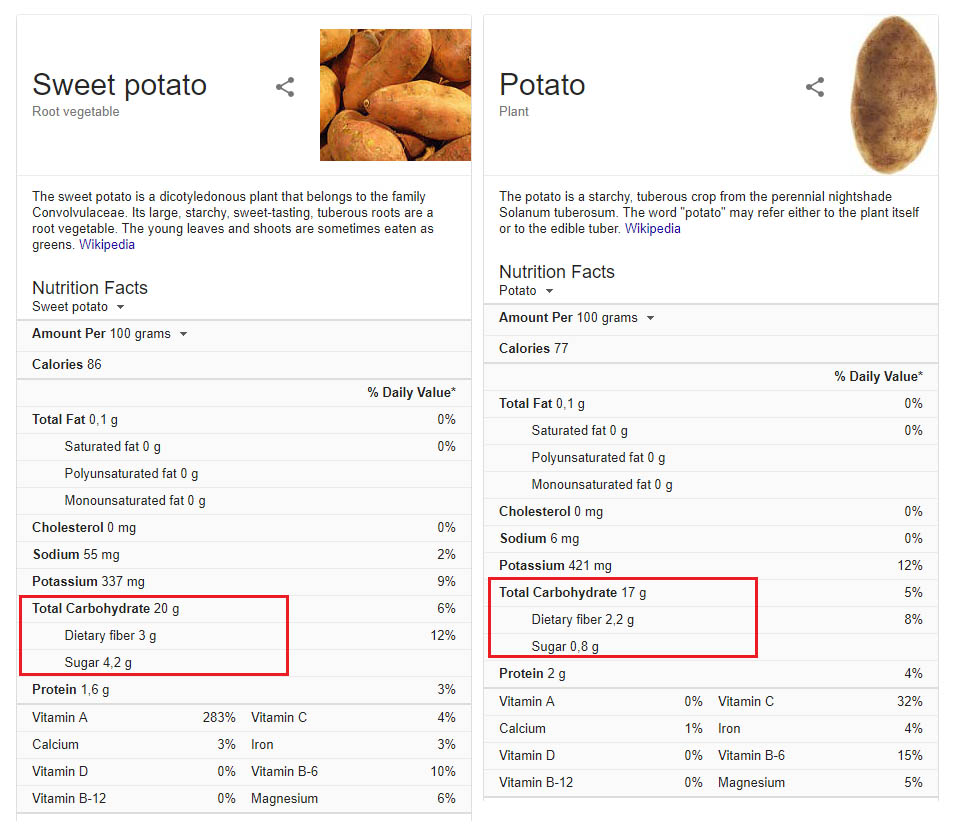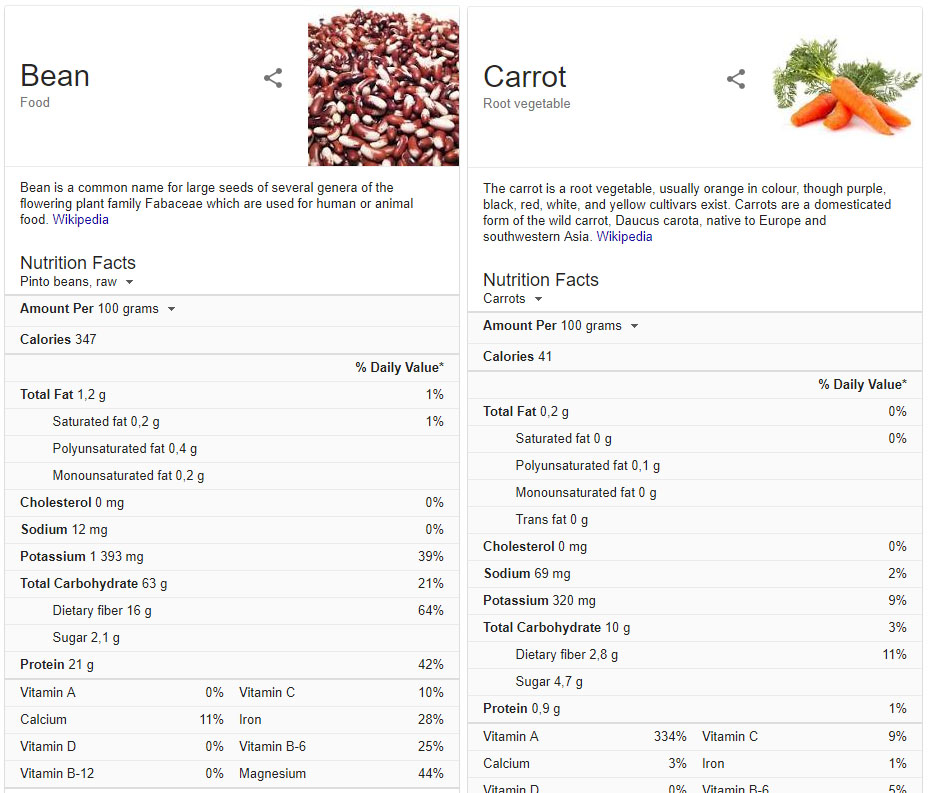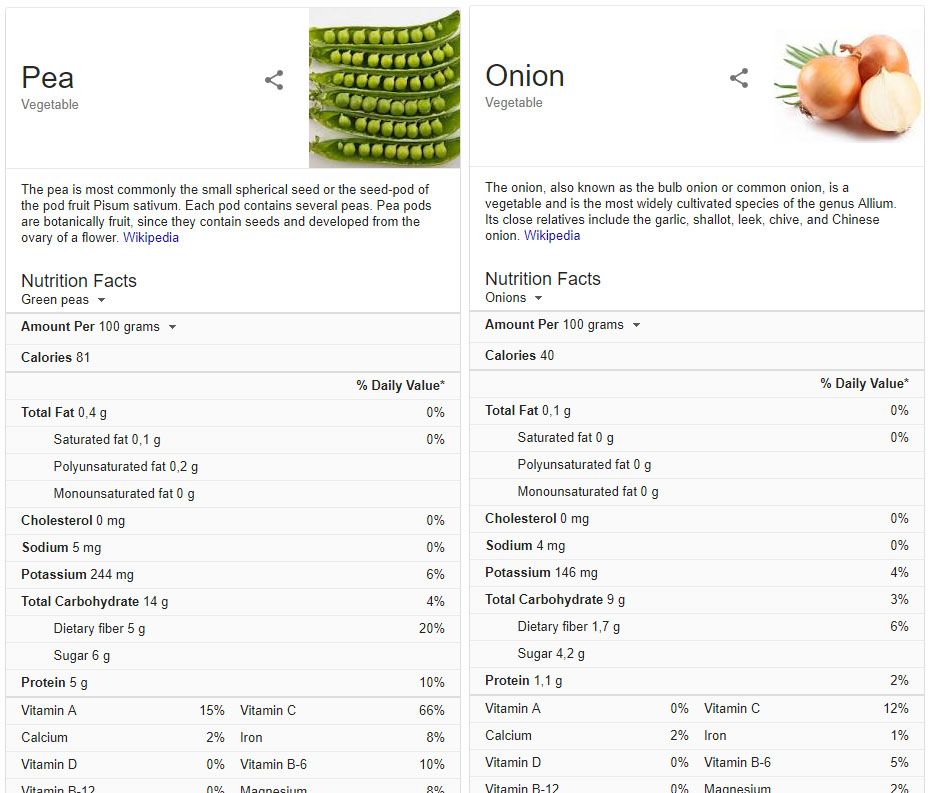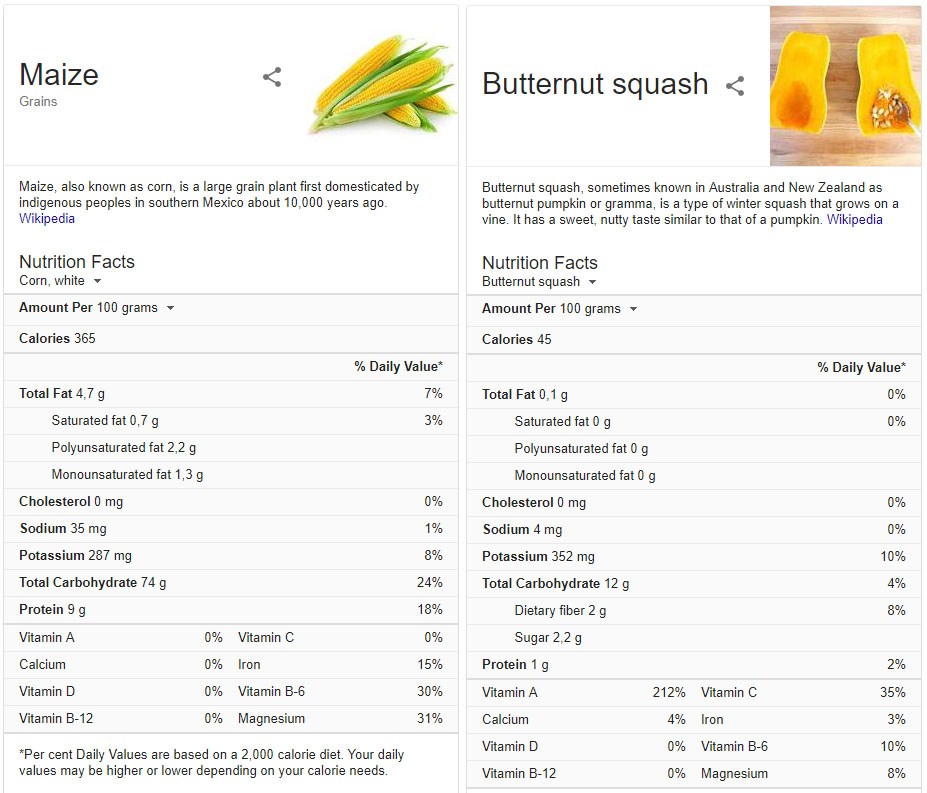Keto is something that I believe you definitely need to put some research time into. Jumping in blindly can hurt you if you aren't careful. I don't mean to scare people away - but mixing high(er) fat with a still elevated carbohydrate intake is not a good idea. I wrote about how I started keto and what keto actually is, a few weeks ago. In this post I will address the issue of which vegetables are "keto friendly" as well as common misconceptions about keto food.
When I started keto, I was not sure which foods were safe for me to eat. I started looking into the carb counts of foods, taught myself to read labels, googled ALL THE things and started to undertand the basics of lower carb nutrition. I stuck to more "whole foods" - basic keto foods like fatty proteins, non-starchy veggies and healthy fats like olive oil, butter, avocados, nuts and coconut oil. And of course, lots of eggs. I didn't start with intermittent fasting either, I ate three meals a day and for the first 2 - 3 weeks I did not count calories. I felt it was better to concentrate on getting used to keto food rather than calorie intake. Once I got over the cranky phase, I paid more attention to my macros. When you start doing keto it is very important that you familiarise yourself with the basic low carb foods - as this list will inform your eating choices from here on out.
There are also a lot of misconceptions about keto. I've had people argue with me that vegetables are essential for human life, while I stared at them blankly because "whatareyouonabout". I do eat vegetables! I definitely eat vegetables! The amount of money we spend weekly at Woolworths can attest to this. I actually want a bigger fridge with two doors because I don't have enough space for all my vegetables. Another assumption I frequently get is that I am eating ALL THE FAT. I did address this in the previous post, but I will do so again. I am eating less food in general. Keto has an added side effect of appetite suppression. Less food means I eat less than 100g of fat the whole day. And it forms about 70% of my total calories.
Keto is not without its dangers - don't worry, your liver is not going to explode and your brain does not need that cupcake to survive but there are ways you could make yourself sick.
- Dehydration
You need to make sure you drink enough water if you are low carb. It's always important that you drink water but on a low carb diet your body is excreting more water than before so you need to replenish it. But in the same vein, too much water can also hurt you (this is hard to do, but don't drink so much water that you make yourself sick).
- Electrolyte imbalance
This relates to the water issue - while your body is flushing water, you are also losing electrolytes. Keto flu is caused by an electrolyte imbalance and this can make you feel anything from dizzy, shaky, disoriented to nausous with a headache in between. Make sure to keep your electrolytes up while you are on keto - and not just in the beginning, always.
- Not actually eating low carb - not all vegetables are low carb
This one is my pet peeve. There are many amazing vegetables that I just do not eat anymore. It's not easy - I LOVED butternut. But not all vegetables are created equal. If you can make starchy vegetables fit your macros, more power to you. I do occasionally put a few carrots in my stews but they are no longer a staple in my house. A lot of people replace regular potatoes with sweet potatoes, and when I started I did this a few times until I realised how many carbs were actually in sweet potato. Every single source that I check for the nutritional information for potato and sweet potato has slightly different numbers - but they are all within 1 or 2 grams of each other.

Note: I am not saying that potatoes or sweet potatoes, or even other starchy vegetables, are "bad foods" but if you are keeping your carbs under a certain number and you have given up regular potatoes, logically you should not replace them with sweet potatoes.



I do add some of these veggies to certain meals (onions are still featured in my cooking) but I am careful to eat them in moderation. But be very careful when eating these as they can really increase your carbs and potentially lead to you eating high(er) fat as well as higher carbs.
Don't assume that vegetables are "free foods" - always know the carb content of what you are eating. Everyone should decide for themselves what to "spend their carbs on" but I prefer to do lower carb vegetables because I can eat more of them. I have experimented with changing the vegetables I use in stews and have had great success using green beans, baby carrots (they are lower in carbs), half an onion (spread out over multiple servings, this is not too bad), baby gems, pattypan squash, mushrooms, cabbage and even tomatoes. Be aware that potatoes in a stew tend to dissolve, so even if you are eating around them - you will get quite a lot more carbs than you expect.
Tags: Food Keto_Basics Vegetables Starting